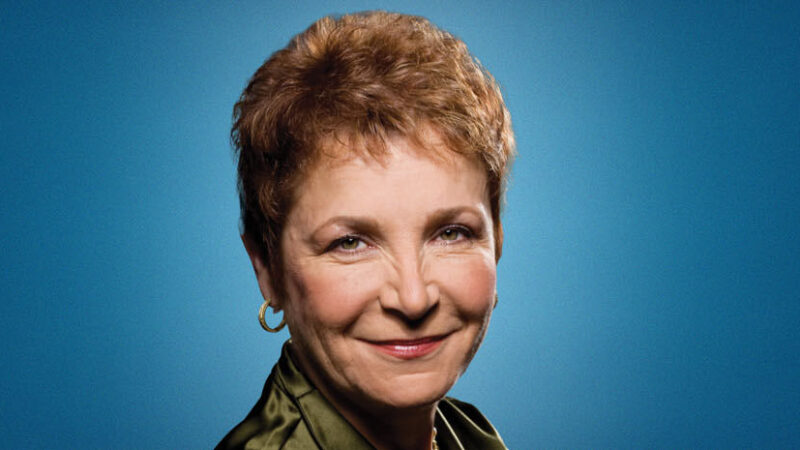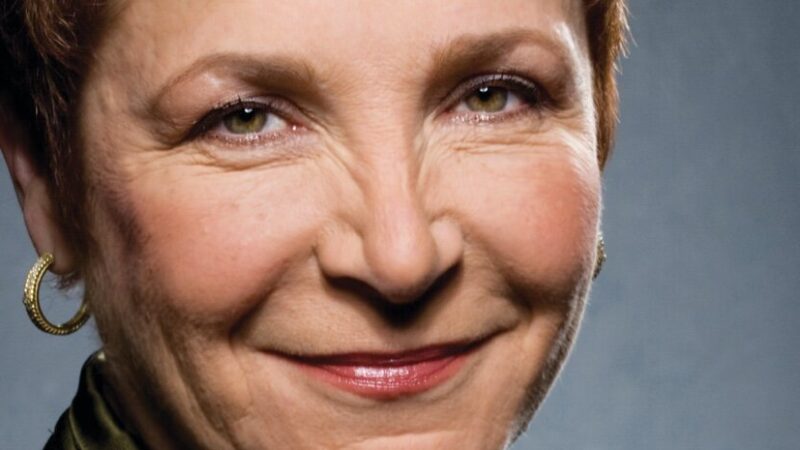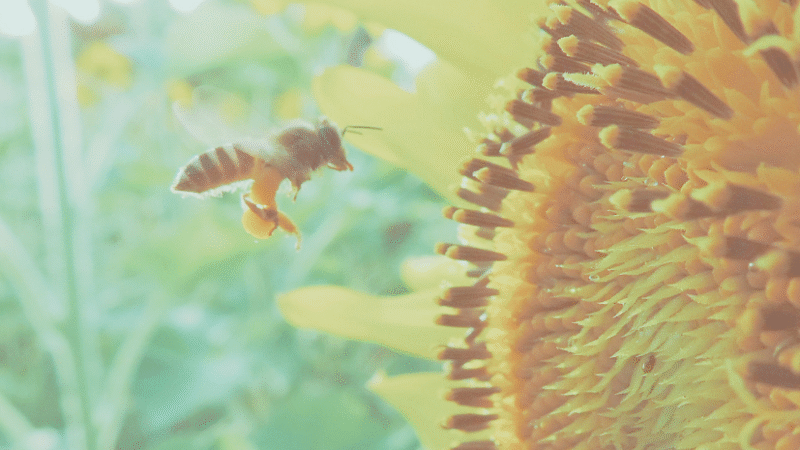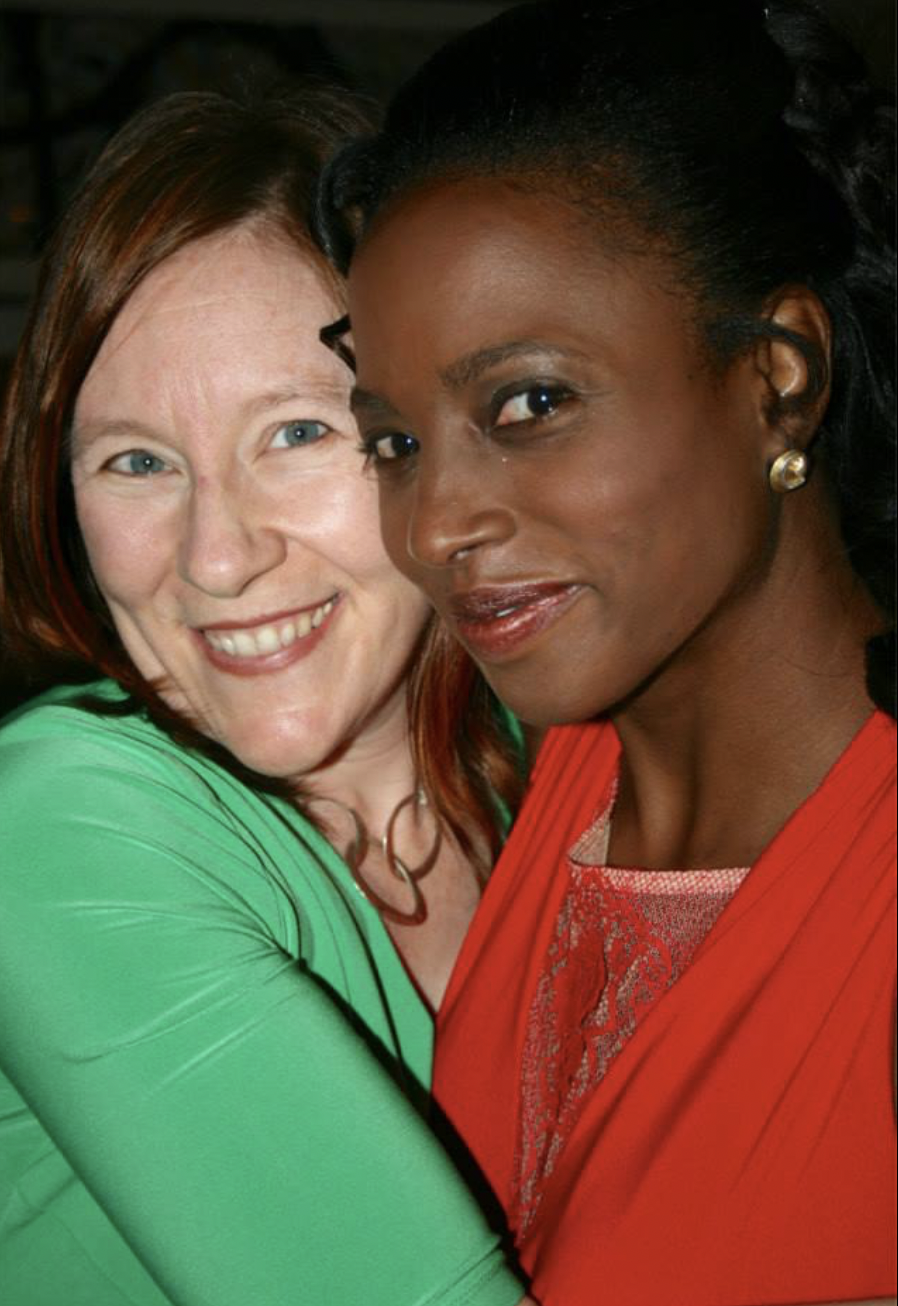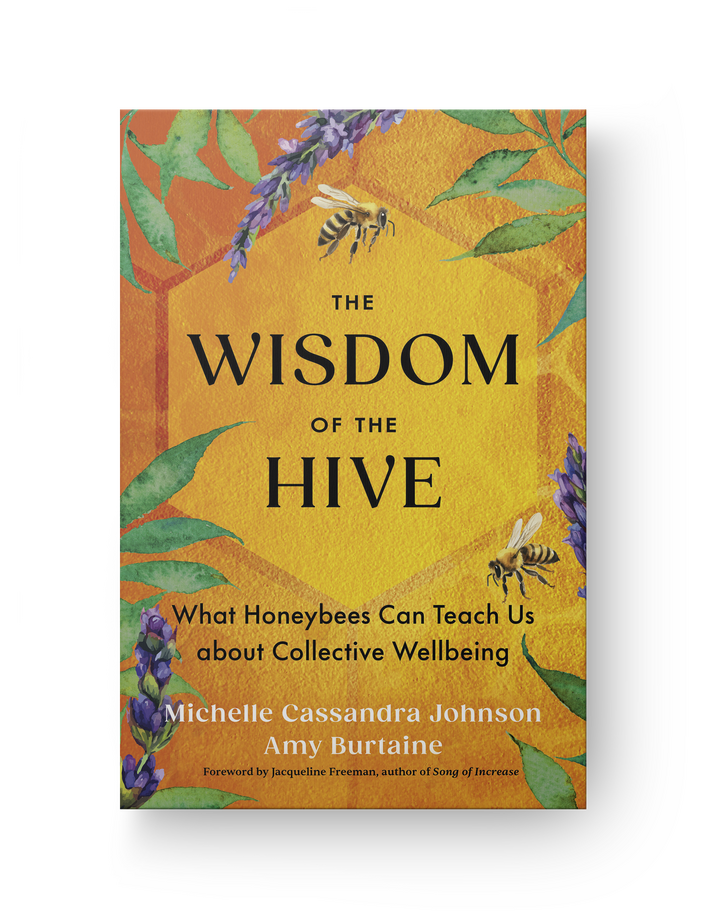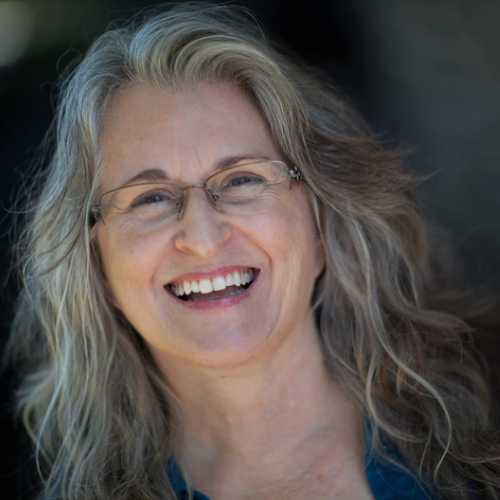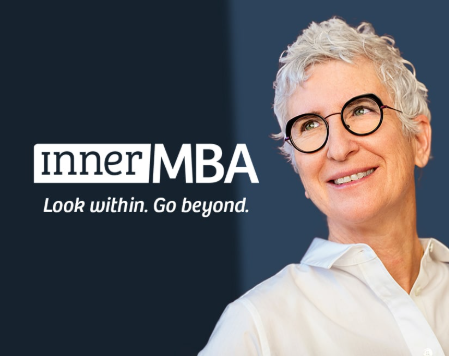There is a saying that goes “hurt people hurt people.” I believe this to be true. We have been conditioned, in environments of scarcity and violence, to react more with fear and self-protection than curiosity and connection. As a result, we live in a world that is deeply in need of more kindness, more ease, more connection, more sweetness. It’s time we offer more sweetness and ease to ourselves, to one another, to our planet.
Now, this does not mean being a Pollyanna or “sickly sweet.” It does not mean being addicted to sugar and finding other ways to hurt ourselves. It means moving through the world and offering sweetness to ourselves and others. It means setting good boundaries and protecting our community and the hive from those who would “rob” us of our sweetness, of the sustenance (love, connection, inclusion, belonging) that helps us endure.
But first, we have to allow ourselves to taste and feel the sweetness on our own. We have to practice being deeply grateful for what is sweet in our life, holding it with reverence, and freely sharing it with others.
We invite you to build your own relationship with, and deep worthiness of, sweetness. We invite you to find and taste the sweetness in your life. Times of abundance and sweetness are special, and we must remember to taste them fully and live into them. We must also remember to share them.
What sweetness do you have in your life? What sweetness can you share with others? What sweetness do you crave from others? How can you cultivate more sweetness in your life? What does that look, sound, and feel like? Where do you deny yourself sweetness? How can you give yourself permission to taste and share all of the sweetness that comes to you? How can you bring sweetness into the lives of others?
Honey Tasting Meditation
For this practice, you’ll need some (ideally) local honey. If possible, find out what you can about where it came from and what was in bloom at the time it was made. This will help deepen your relationship to the place you live. If you cannot find local honey, that is okay; you can still complete the meditation as instructed.
Find a quiet spot in a quiet moment and sit with your jar of honey. Before opening it, sit in a few moments of conscious breathing to quiet your mind.
Start with your sense of sight and smell. Hold the jar of honey up in front of you and observe its color and viscosity. Take note of how it looks in the light, in the dark.
Next, open the jar of honey and bring it to your nose. Inhale deeply. Notice the sensations, images, or thoughts that come to you as you breathe in the aromatherapy of the honey.
Now, reverently taste the honey. Take a small amount on a spoon and meditatively savor the flavors, sensations, feelings, and images that come to you. Chew the honey. Hold it on your tongue. Allow yourself to indulge in its many flavors. Do this again with another spoonful (or as many as you want) but take your time.
When you’re done, write down any messages or insights you received from the experience and the nurturing and healing power of the honey. Take this moment of sweetness with you into your day.
Excerpted from The Wisdom of the Hive: What Honeybees Can Teach Us about Collective Wellbeing.




